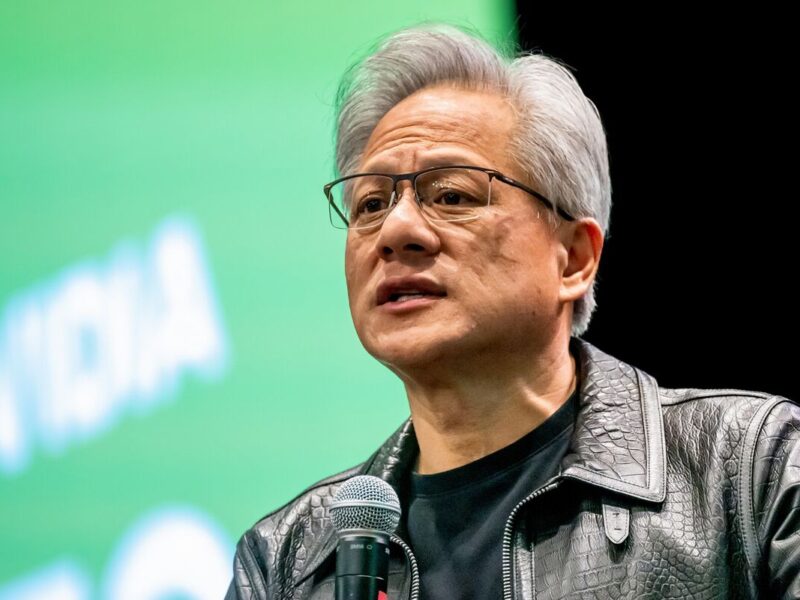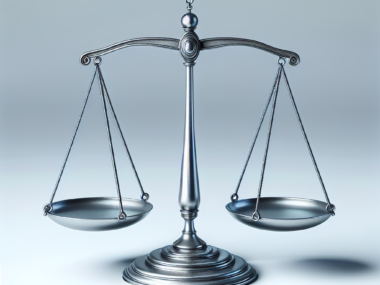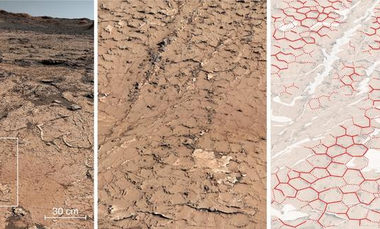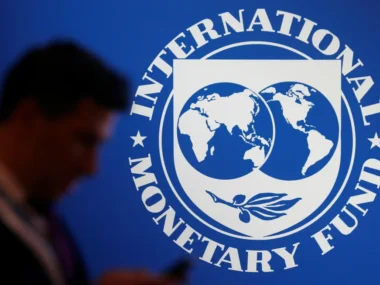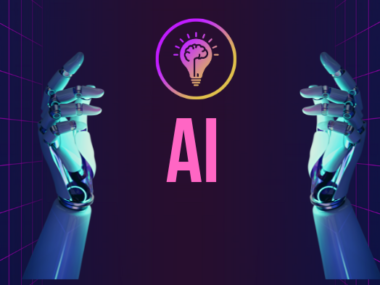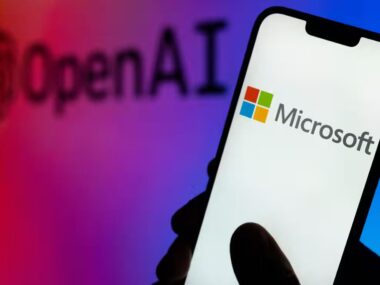Jensen Huang has generated a buzz on social media and is reported to have met with Liang Wenfeng, the founder of AI company DeepSeek.
Nvidia’s CEO visited Beijing on Thursday, shortly after the US imposed new restrictions on the sale of the only AI chip it was still permitted to export to China.
Jensen Huang’s unexpected visit was at the invitation of a trade organization, as reported by a social media account connected to state media.
China Central Television stated that Huang met Ren Hongbin, head of the China Council for the Promotion of International Trade, where Huang expressed his hope to “continue to cooperate with China.”
China Daily, the official English-language publication of the Communist Party, shared a photo of Huang in Beijing, noting that this trip occurred “three months after pledging to continue cooperation with China” during his last visit. The article included the hashtag #OpportunityChina, previously used to promote US-China exports.
The visit follows a challenging week for Nvidia. The new US restrictions, announced on Tuesday, target shipments of Nvidia’s H20 datacenter GPUs, a less powerful version of other Nvidia chips, designed to comply with Biden-era restrictions on exports to China.
The US government, in its ongoing competition with China for AI dominance, stated that the new rules aim to prevent Nvidia’s products from being “used in, or diverted to, a supercomputer in China.”
Nvidia has estimated that these new controls will result in a $5.5 billion loss in earnings. The company’s stock dropped about 7% on Wednesday.
US tech restrictions on China, along with substantial tariffs on foreign imports, have put significant pressure on the tech sector, with Nvidia’s stock among many others that have seen steep declines recently. Former President Trump has threatened additional tariffs on the global semiconductor industry in an effort to bring manufacturing back to the US.
The new Nvidia chip restrictions were announced just a day after the company revealed plans to invest up to $500 billion in AI infrastructure in the US over the next four years.
Although Nvidia designs its chips, it outsources production to companies like Taiwan Semiconductor Manufacturing Company (TSMC). TSMC has also committed to significant investments in the US, which Trump suggested would exempt them from tariffs. The White House described Nvidia’s decision as “the Trump effect in action.”
The Financial Times reported that Huang also met with DeepSeek founder Liang Wenfeng in Beijing to discuss new chip designs for the AI company that would avoid triggering the new US restrictions. The unexpected rise of DeepSeek in January, an advanced AI chatbot developed with significantly lower investment than its competitors, shook the tech industry and led to a global stock sell-off.
The US House of Representatives’ China Committee has asked Nvidia to clarify whether DeepSeek obtained export-controlled chips for its AI application, which it considers a “profound threat” to national security.
Huang has stated that Nvidia will balance legal compliance with technological progress, even under Trump’s policies, and emphasized that the global advancement of AI will continue unabated. “We’ll continue to do that and we’ll be able to do that just fine,” Huang told reporters last year. His arrival in Beijing sparked significant attention on Chinese and Taiwanese social media, as Huang is a prominent figure in Taiwan, where his visits often attract large crowds.
Trump’s tariffs have caused turmoil in global markets and among governments, including those of US allies. After imposing tariffs on multiple countries he accused of exploiting trade surpluses, Trump reduced them to 10% (except for China, which remained at 145%) for a 90-day pause. He claimed that countries were eager to renegotiate trade agreements with the US.
On Thursday, Trump posted on social media about “big progress” in talks with Japan, which had not anticipated his involvement in the talks, viewing them as a preliminary fact-finding mission. Japanese Prime Minister Shigeru Ishiba warned that the negotiations would be challenging but acknowledged that Trump had expressed a desire to prioritize them.

